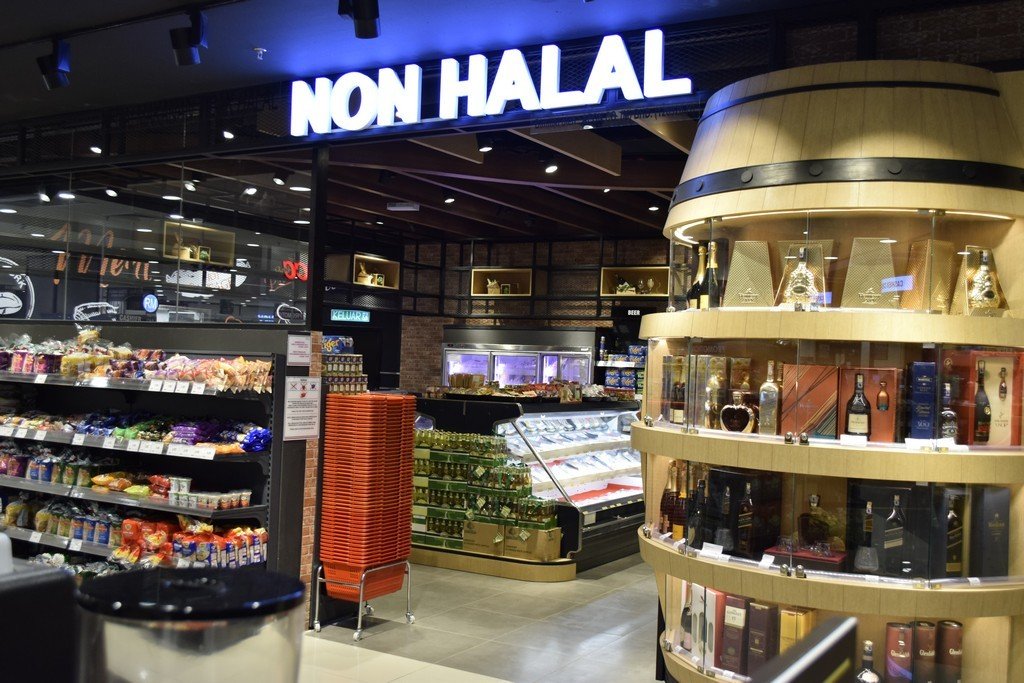I WRITE to express my concerns regarding the recent proposal to place cigarettes in the non-halal section of stores, aligning them with alcohol and pork.
While I understand the importance of accommodating religious beliefs, I find this approach problematic, particularly from the standpoint of the rights and needs of non-Muslims in a multi-religious society.
First and foremost, classifying cigarettes as non-halal creates a slippery slope. If every product is to be classified as halal or non-halal, what does this mean for other goods that are used for medical purposes but may not be considered halal by some religious scholars?
For example, medications like morphine or other opioid-based painkillers are essential in hospitals and pharmacies. Would they too be relegated to a non-halal section, further stigmatising their use despite their critical role in healthcare?
Moreover, the question arises about the rights of non-Muslims in such a system. Cigarettes, though harmful, are legal and widely consumed by adults across the country, including non-Muslims.
By placing them in a non-halal section, are we indirectly imposing religious standards on the entire population?
It is vital that we remain mindful of the diverse makeup of Malaysia, where laws and regulations should reflect the needs and rights of all citizens, regardless of religion.
Additionally, the move seems more symbolic than practical. Cigarettes are already regulated, with age restrictions and health warnings clearly outlined.
They are not marketed as a food product and unlike alcohol and pork, there is no risk of accidental consumption or cross-contamination. Thus, what is the practical benefit of placing them in a separate section?
Finally, this approach could set a precedent for future measures that may limit personal freedoms and choice in a society that prides itself on its diversity and coexistence.
If cigarettes are deemed non-halal, what about other products with controversial or harmful aspects?
Will we start dividing goods based on subjective religious interpretations, rather than science, law and public health?
While the health risks of smoking are well-established and should be mitigated through public health campaigns, taxation, and education, categorising cigarettes as non-halal is neither a practical solution nor a fair one.
It risks creating division and confusion in a society where inclusivity and respect for all beliefs should remain at the forefront.
I urge the government to consider the broader implications of such a move and to prioritise policies that respect the rights of all Malaysians, Muslim and non-Muslim alike.
Thank you and Selamat Hari Malaysia! – Sept 13, 2024
Jeganathan Munusamy
Kuala Lumpur
The views expressed are solely of the author and do not necessarily reflect those of Focus Malaysia.









